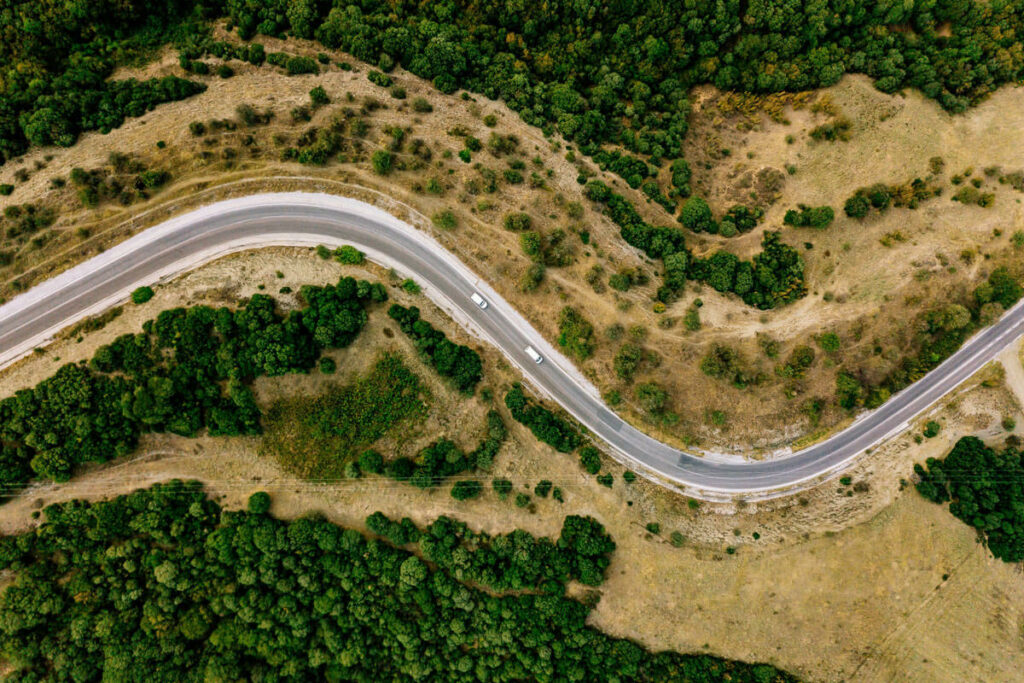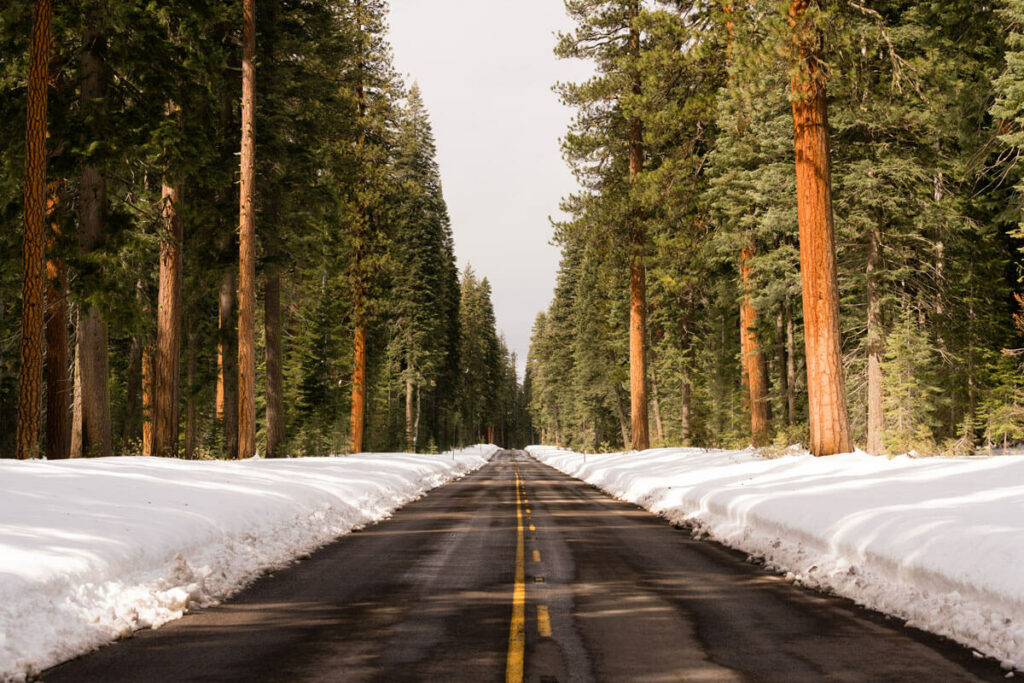So I’ve been asked to discuss my personal experiences with recessions – which is like asking a guy to open up about his latest ugly divorce or ongoing hemorrhoid issues, but I’ve agreed to do it and so here I am.
As a private businessman I’ve survived two major recessions. Let’s refer to them as 1990 and 2008. 1990 was pretty local for me. 2008, of course, warped the fabric of our entire galaxy.

Maybe the first thing to remember about a recession is that the word is much sharper and cleaner than the event itself. It’s not like you open your door one morning and see that a recession has fallen overnight like a blanket of dirty snow. No. Recessions sneak up on a guy. In fact, we have to wait to even define them. Economists look backward at the data to decide the dates when the country went into recession territory – two consecutive quarters of negative GDP – so even several months into a recession, smart people may be arguing about whether or not the country is actually experiencing one.
Recessions are just periods of time when the economy weakens, when business doesn’t bustle as much as we’d like, when fewer buyers call. So you can still liquidate real estate during the worst of recessions. You just have to work harder at beautifying and marketing it and also be ready to sell on the cheap or to offer owner-financing or make other concessions. This was true even in 2008, which affected housing in such a brutal way. Some people still have good jobs or big savings and want to buy real estate. I sold my home in 2009, to a doctor, for about 75 cents on the dollar. Fortunately, I had a good bit of equity in it, so the proceeds helped me survive that storm.

Before I go on, let me say a couple of things about myself. You need to know this because my experiences and decisions might not resonate with you. For example, this whole essay could be irrelevant if you take a casual attitude toward bankruptcy protection. Or if you’ve got a two-million-dollar Picasso sitting in your storage locker. Or if you have unique skills which you can sell to a factory or tech company even in the worst of times.
I’ve been a flipper all of my adult life. It’s how I make a living. I buy real estate, as cheaply as I can. Sometimes I work to improve it. Sometimes I just flip it without work. So for me, there’s no other income than the liquidation of real estate or real-estate-related interests like rent or timber sales or such. Also, I’m just a regular guy, not a high-powered businessman who uses the bankruptcy laws and then moves on. I’d rather be poor than file bankruptcy.
So there’s all that.

My other quirk – which I count as both a strength and a weakness – is that I don’t really care much about money. My interests lie elsewhere. Money is just a thing I try to get a lot of, so I can coast along for awhile. This is a weakness because I tend to stop paying attention. I have confidence that I can always make more money, and so I sometimes take my eye off the ball and can be blindsided by a recession. If you are the other type, the guy who pays very close attention to your financial state at all times, you have less to fear from a recession. Just keep enough money or liquidable assets to live a couple of years without making any new money. You should be fine.
This unemotional attitude of mine toward money is also a strength, and I’ll tell you a little story to illustrate it: I once knew a condo builder. He hadn’t been doing it so long, but he’d had very good success, mostly because all builders were having great success in that time and place. So along comes the recession, and my buddy has three spec condos in the works. I’m talking to him one day and he says that he has received offers on two of them. but the offers are lowish. He’ll still make money – just not as much as he expected.
“Sell!” I insisted. “Sell the damned things. Liquidate while you can!”

But he loved his nickels and dimes. He just couldn’t bear to think about losing that little bit of extra. So he didn’t listen to me, and he never sold those condos, and he wound up in bankruptcy – living out the rest of his life on a disability check.
When hard times come, sell for whatever you can get. Live to flip another day.
By the way, recessions have taught me a couple of terms. One is ‘weak sister’. When the recession comes, the weak sisters show themselves, mostly by falling down. The other saying is ‘a rising tide lifts all boats.’ It’s easy to prosper when the markets are with you. The test comes when the tide goes out.
1990 was pretty local, as I say. A couple of large production plants in the area just keeled over and died. About a third of my notepayers worked at those plants, and I began to lose notes. The lot owners called me asking to deed back their land since they were leaving the area to find work elsewhere. I had over a hundred notes, averaging maybe $15,000 each, but I also had debt which I was servicing with that note income. My problem was that I was losing income, and my bank was getting really nervous about me, and I couldn’t sell lots anymore. Not new ones and not the repoed ones. Not easily.

I survived 1990 in several ways. First, by negotiating with the bank and showing them that I was trying to work it out. I gave them extra collateral and I sold notes to service my debt and pay down my principal. Yes, I lost a lot of money, but it was necessary. I think I averaged about 75% of face value on my note sales (plus losing the 10% they paid). Second, I bought a new tractor and trailer and each time I got a lot back, I went and dolled it up. Manicured it. I remember going from lot to lot with that tractor. I made those lots so beautiful that each one begrudgingly re-sold as I went. Third, I found a product which the national market wanted. That was timber – made into lumber and paper and shipped to happier areas of the country.
It just so happened that the Northern Spotted Owl was shutting down mills in the Northwest but not in other wood-producing areas, making stumpage triple in value just as I turned my attention to hunting for and buying timberland. From Wiki:
In 1990, the logging industry estimated up to 30,000 of 168,000 jobs would be lost because of the owl’s status, which agreed closely with a Forest Service estimate. Harvests of timber in the Pacific Northwest were reduced by 80%, decreasing the supply of lumber and increasing prices.

Anyway, by the mid 90s I had recovered. I was actually a semi-major landowner, having collected over 2,000 acres of timberland, paying for most of it with the timber which I cut from it as I bought it. Eventually I traded that land for development land closer to my home, and I lived off of that for the next 10-15 years.
Then came 2008.
It was a bad time in my life in a lot of ways, which I don’t discuss except to say that it included my mother dying and the attention I had to give to her care. I just didn’t have as much time to watch my finances. So I got caught in a terrible recession with that most illiquid of assets… real estate. And with debt. Lots of debt.
Besides the personal issues going on, I had just spent a year of my life and over $100,000 of my cash to develop a new 30-acre unit, full of wonderful lots which were now unsellable.

How did I survive? Well, by a combination of luck and loss, I guess you could say. Luck because just at that moment, mineral operators figured out horizontal drilling and fracking. I had amassed a good few mineral acres, and I sold them during the gas rush – the minerals, not the surface – for maybe $200,000. That cash, along with cash from sales of land here and there and my home, allowed me to liquidate most all of my debt, but at a great loss of net worth. Again, if not for my somewhat casual attitude toward wealth, I couldn’t have done that. But I didn’t mind so much, losing all that money. I’ve never had to sleep in a ditch. I still enjoy indoor plumbing. There’s always food on the table. I can make more money any time I put my mind and my back to it. All is good.
So here’s my attempt to summarize what I think I know about real estate flippers and recessions:

First, as a flipper rather than an investor or developer, you’re in a better-than-average spot. We flip everything we buy within six months or so, so our exposure to market downturns is somewhat limited. One caveat here is that you should only take solid notes when you sell your flip. Make sure you are well-positioned if your note-payers head south.
Second, of course, try to avoid big, long-term debt. It’s easy to carry a boatload of it when everyone is floating high, but as sure as there is a moon up above, the tide will go out.
Third, try to create and keep some sacred fat. This is hard for a flipper to do, of course. Every time he gets some extra cash, a sexy deal will sashay by in front of him and his wallet just naturally flies open. But do what you can to keep a liquid buffer on hand. Recessions don’t last forever. Your job is to survive.

Fourth, remember that banks don’t want to own your real estate. They really don’t. Especially in a time when many business people are in trouble, the bank will work with you to avoid foreclosure action. If you’re in that spot, put a lot of thought and energy into figuring out the bank’s position and how to make it comfortable with you.
In general, think hard about your liquidity. Do you have RE notes which can be sold in an emergency? Such notes are almost as liquid as publicly-traded stocks or bonds. Do you have timber or mineral rights or that Picasso in storage?
Recessions don’t last forever and they are not an absolute shutdown of all business. You can work your way through them and emerge into better days. Just think ahead and then work harder and smarter when that snow begins to blanket the world in a frigid and dingy gloom.
